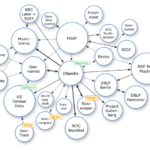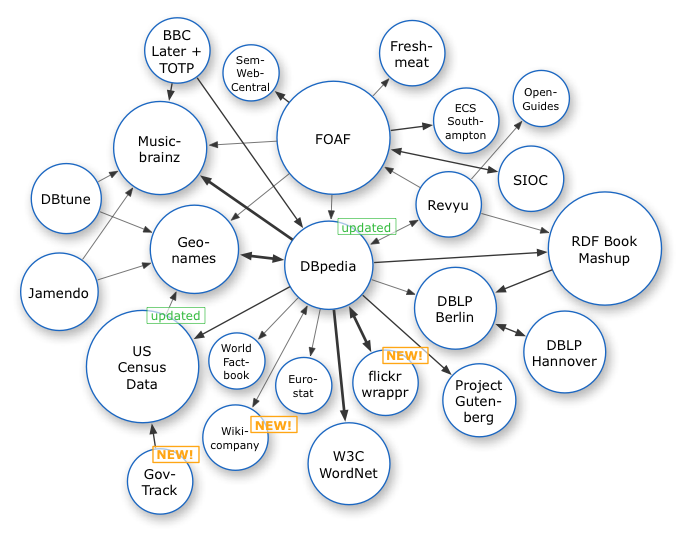Table of Contents
ToggleSearch Engine Optimization (SEO) has evolved significantly with the advent of data science and machine learning, transforming how websites optimize for search engine rankings. This article delves into the intersection of SEO with data science and machine learning, elucidating how these technologies are leveraged to improve website visibility and ranking. Understanding these tactics is crucial for webmasters, marketers, and SEO professionals striving to excel in the increasingly competitive digital landscape.
Data Science in SEO
Data-Driven SEO Strategies
Data science plays a pivotal role in modern SEO strategies. By analyzing vast datasets, SEO professionals can uncover insights into user behavior, search trends, and content performance. These insights guide the creation of more effective and targeted SEO strategies.
Keyword Research and Analysis
One of the core applications of data science in SEO is in keyword research and analysis. Advanced data analytics tools enable the identification of high-value keywords, understanding their search volume, competition level, and relevance to specific market segments.
User Experience and Behavior Analysis
Data science tools also help in analyzing user experience and behavior on websites. Metrics such as click-through rates, bounce rates, and user engagement levels are critical in understanding how users interact with a site, which informs adjustments in website design and content to improve SEO performance.
Machine Learning in SEO
Algorithm Optimization
Machine learning algorithms are increasingly used to optimize SEO strategies. These algorithms can analyze search engine algorithms and predict changes in ranking factors, helping SEO experts to stay ahead of the curve.
Content Optimization
Machine learning assists in content optimization by analyzing successful content patterns and suggesting improvements. It can identify content gaps, suggest relevant topics, and even predict the performance of content before it’s published.
Personalization and Targeting
Machine learning enables the personalization of content and marketing strategies. By analyzing user data, machine learning algorithms can tailor content and marketing messages to individual user preferences, improving the effectiveness of SEO efforts.
Challenges and Ethical Considerations
Keeping Up with Evolving Algorithms
One of the main challenges in integrating data science and machine learning in SEO is the constant evolution of search engine algorithms. SEO strategies need to be dynamic and adaptable to these changes.
Ethical Use of Data
The use of data science and machine learning in SEO also raises ethical considerations. Ensuring privacy and ethical use of user data is paramount. SEO professionals must adhere to data protection regulations and ethical standards.
Conclusion
The integration of data science and machine learning into SEO represents a significant advancement in the field. These technologies offer powerful tools for optimizing websites, understanding user behavior, and enhancing content strategies. However, professionals in this field must remain vigilant about the ethical use of data and the need to adapt to the ever-changing landscape of search engine algorithms. As these technologies continue to evolve, mastering their use in SEO will become increasingly vital for success in the digital world.












